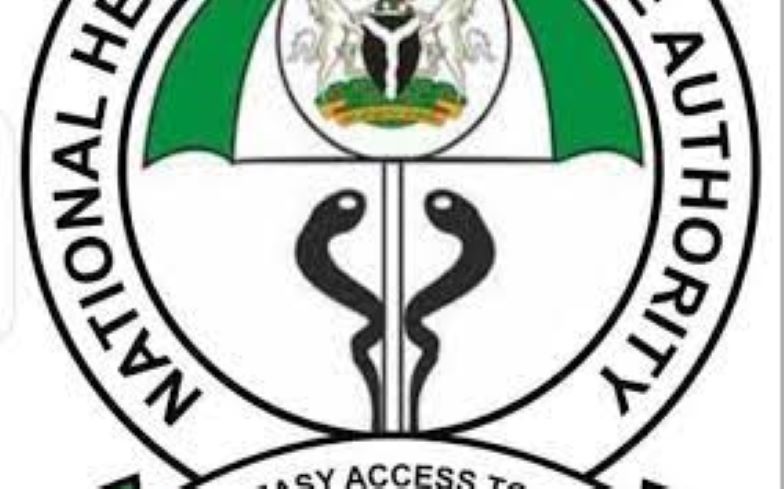By Hassan Zaggi
The National Health Insurance Authority (NHIA) has entered into partnership with the National Agency for Food and Drug Administration and Control (NAFDAC), to ensure that the medicines to be manufactured with NHIA inscription for health insurance enrollees are of high quality, safe and efficacious.
It would be recalled that last week, the NHIA signed a Memorandum of Understanding (MoU) with drug manufacturers in the country under the umbrella of Pharmaceutical Manufacturing Group of the Manufacturers Association of Nigeria (PMG-MAN), for the production of drugs with NHIA inscription on it for health insurance enrollees in the country.
Speaking when he visited the NAFDAC, the Director General NHIA, Prof. Mohammed Sambo, disclosed that the idea is aimed at ensuring that health insurance enrollees have access to qualitative medicines and at a reduced cost.
He further noted that the initiative will help local drugs manufacturing industries to grow as the NHIA under the initiative will provide a large market for them to sell their drugs.
“One of the advantage of this initiative is that NHIA will provide an already made market for the drug manufacturers. For example, if a manufacturer is producing drugs for one thousand people, with NHIA he will be able to produce a drug that will be consumed by over one million people and there is what we call the economy of scale. The higher the number you produce, the lower the cost.
“We are using this strategy to see how we can support local manufacturers to boost their business by providing available market and we will purchase their drugs through a negotiated price.
“Our intention is that, as we progress, the cost of the drug will come down. We also assure that the availability of the drugs will be there and working with NAFDAC, we are very sure that the quality will be of high standard.
“We started this initiative two years ago with many stakeholders on board including NAFDAC, NIPRD and other relevant stakeholders.
“The manufacturers have agreed to commence production of these drugs, we have negotiated the price and they are ready based on the MoU we signed with them last week,” the NHIA Director General explained.
On her part, the Director General of NAFDAC, Prof. Mojisola Adeyeye, assured that in line with Executive Order 3, the Good Manufacturing Practices (GMP) of local pharmaceutical manufacturers have been approved and that “these manufacturing companies have also had their products registered by NAFDAC. This means that all the attributes of quality, safety and efficacy pertaining to these products have been duly assured by NAFDAC.”
She noted that the NHIA had signed a MoU with Pharmaceutical Companies and Drugs Management Organisations (DMOs) for production of 33 different drugs to address the perennial problem of out-of-stock syndrome in the nation’s health facilities.
Under the initiative, she said, 12 Pharmaceutical companies will be branding 33 products for the health insurance ecosystem in the first phase. Already, NHIA has chosen seven states (Delta, Enugu, Gombe, Jigawa, Niger, Osun and Sokoto states) and the Federal Capital Territory (FCT) for the pilot phase of this initiative.
The initiative, Prof. Adeyeye explained, is also geared towards strengthening local pharmaceutical manufacturers, which will ultimately guarantee medicines security.
“Every drug to be manufactured will be certified and approved by the NAFDAC in terms of quality, safety and efficacy.
“The medicines will be tested in the WHO-Prequalified NAFDAC Laboratory.
“Also, as part of its Post Marketing Surveillance activities, NAFDAC will continue monitoring to ensure that these branded medicines are used exclusively in the nation’s health care facilities. They are not to be found on the shelves for sale,” she said.
The NAFDAC Director General further insisted that her agency will continue to collaborate with NHIA to ensure that the terms spelt out in Executive Order 3(EO3) will be implemented to enable the attainment of Universal Health Coverage as specified in the National Drug Policy.



